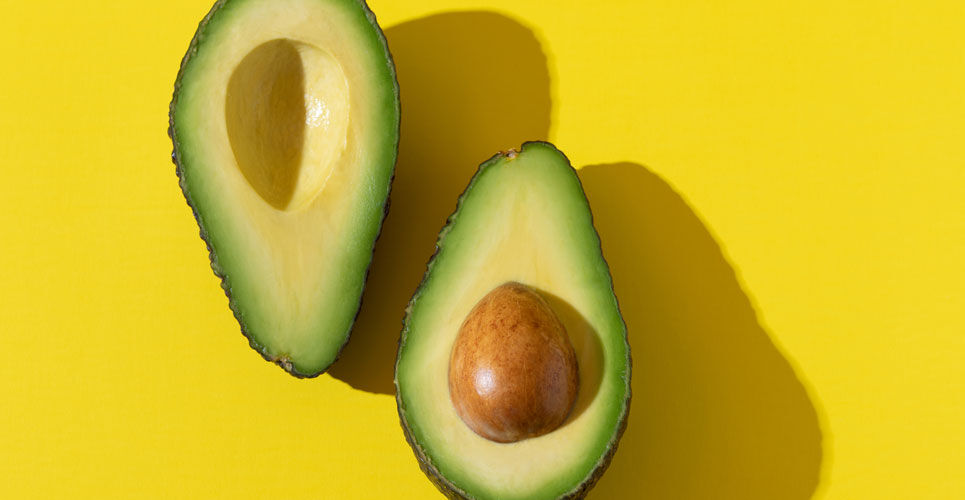According to two large prospective studies, a higher avocado intake has been found to be associated with a lower risk cardiovascular disease
A higher avocado intake has been found to be associated with a reduced risk of cardiovascular disease in two large prospective studies according to researchers from Harvard T.H. Chan School of Public Health, Boston, USA.
Cardiovascular disease which includes coronary heart disease, is a leading cause of death globally though studies suggest that there is a valid association between several dietary factors and dietary patterns with coronary heart disease. One potentially healthy food is avocado and which contains a large amount (71%) of monounsaturated fatty acids, which helps to promote healthy blood lipid profiles and enhances the bioavailability of fat soluble vitamins and phyto-chemicals from the avocado or other fruits and vegetables. In fact some evidence shows how avocado consumption is associated with a reduced risk of metabolic syndrome whereas other data shows that eating at least one avocado each day had beneficial effects on cardio-metabolic risk factors that extended beyond their heart-healthy fatty acid profile. Furthermore, a recent systematic review found that avocado intake increased serum HDL-cholesterol concentrations, prompting the authors to suggest that the association between avocado intake and cardiovascular risk should be confirmed by well-conducted prospective observational studies or long-term trials.
For the present analysis, the US team examined the association between a higher avocado intake and clinical cardiovascular outcomes. They turned to the Nurse’s Health Study (NHS) and the Health Professionals Follow-up Study (HPFS) with the former starting in 1976 and the latter in 1986. In both studies, participants complete validated questionnaires asking about lifestyle and diet every 2 years and from this information, the researchers were able to determine how much avocado was consumed. This was categorised as never or less than once a month, 1 – 3 times per month, weekly and > twice a week. The primary outcome of interest was incident cases of total cardiovascular disease, which was a composite of several adverse cardiovascular outcomes e.g., fatal coronary heart disease. The main secondary outcome related to strokes.
Higher avocado intake and adverse cardiovascular outcomes
A total of 68,786 women from the NHS and 41,701 men from the HPFS who were free of cardiovascular disease and stroke at baseline were included and followed for 30 years (median for men was 13.3 years and 14.2 for women). During follow-up there were a total of 14,274 cases of cardiovascular disease (CVD) in both NHS and HPFS.
After adjusting for dietary and lifestyle factors, compared to those who did not eat avocados, individuals with a higher avocado intake (> twice/week) week had a 16% lower risk of CVD (hazard ratio, HR = 0.84, 95% CI 0.75 – 0.95) and a 21% lower risk of coronary heart disease (HR = 0.79, 95% CI 0.68 – 0.91). However, there was no significant reduction for stroke.
The authors calculated that for each half serving/day increase in avocado intake, the pooled hazard ratio for CVD was 0.80. In fact, the authors added that by replacing half a serving/day of margarine, butter, egg, yoghurt, cheese or processed meats with the equivalent amount of avocado would be associated with a 16 to 22% lower risk of CVD.
Citation
Pacheco LS et al. Avocado Consumption and Risk of Cardiovascular Disease in US Adults J Am Heart Assoc 2022

